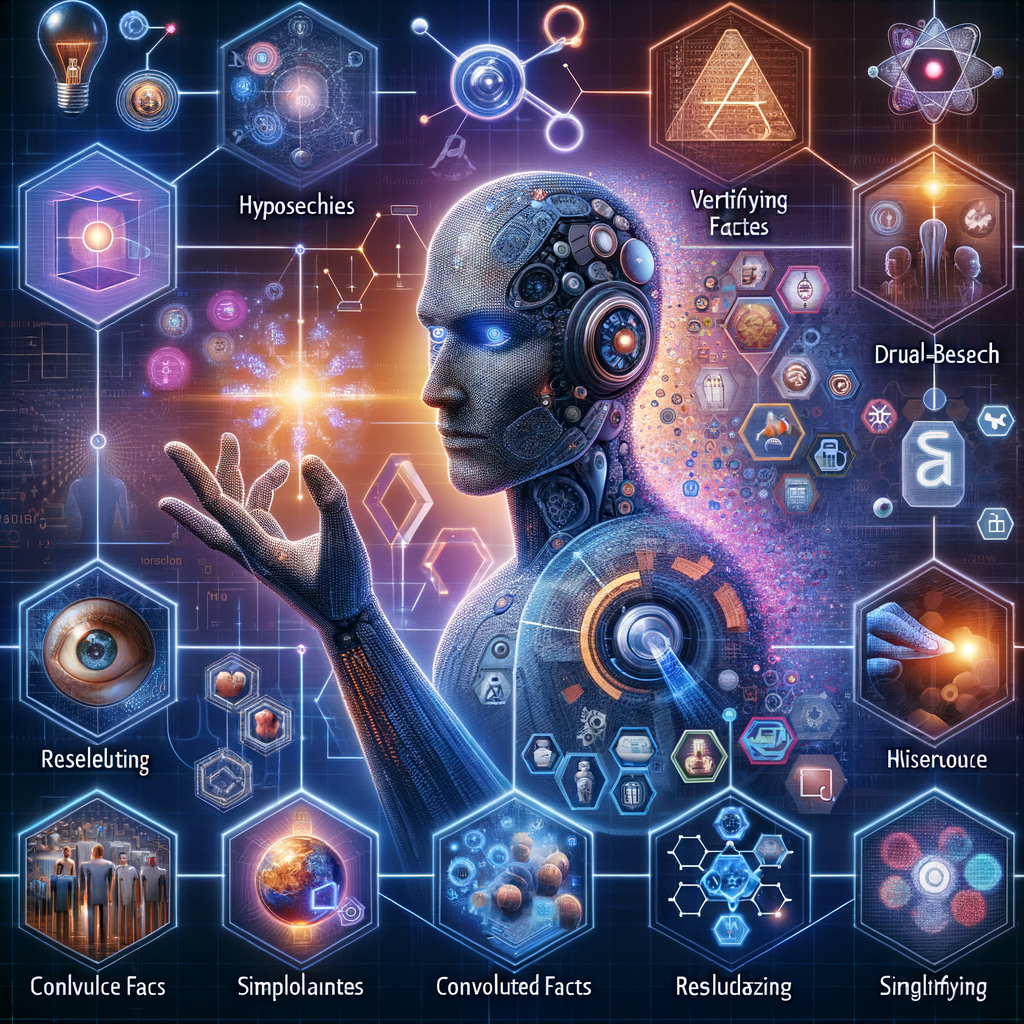**”Google’s AI Co-Scientist: The Future of Scientific Discovery”**

“`html
Google’s AI Co-Scientist: A Breakthrough in Scientific Discovery
In the fast-evolving world of artificial intelligence, Google has just dropped a bombshell with its new AI-powered research assistant—AI Co-Scientist. Designed to accelerate scientific discovery, this tool has already demonstrated its potential by solving a decade-old microbiology puzzle in just 48 hours.
What is Google’s AI Co-Scientist?
Google Research recently unveiled their AI Co-Scientist system, built using Gemini 2.0. Unlike traditional AI models that summarize existing research, this system aims to generate entirely new scientific knowledge.
How Does It Work?
- Hypothesis Generation: The AI proposes novel research hypotheses.
- Simulated Debates: It evaluates its theories by running scientific debates within itself.
- Evolutionary Refinement: Ideas are improved through AI-powered “tournaments.”
- Fact-Checking: The AI incorporates web searches to validate findings.
- Problem Breakdown: It dissects complex questions into smaller, testable components.
This step-by-step approach makes the AI behave more like a researcher rather than a simple data processor.
Real-World Applications: AI Outpaces Human Scientists
Google put AI Co-Scientist to the test in three significant biomedical challenges:
- Drug Repurposing: The AI identified existing drugs that were effective against leukemia, confirming its accuracy through lab tests.
- New Treatment Targets: It discovered potential therapies for human liver scarring that proved to be effective.
- Superbug Evolution: AI Co-Scientist cracked a microbiology puzzle in 48 hours—a challenge that took human scientists 10 years to solve.
According to Professor José R Penadés, who led this research, “I literally had to stop shopping and sit down when I saw the results… It’s spectacular.”
Why This Is a Game-Changer
Drug development typically takes years and billions of dollars. AI like this could significantly reduce both the time and cost required to develop new treatments. Google’s approach is already attracting attention, with research institutions being invited to join a Trusted Tester Program for early access.
The Future of AI in Scientific Discovery
Google isn’t stopping here. Their subsidiary, Isomorphic Labs—a spin-off from DeepMind—is also working on AI-driven drug development. Unlike traditional research companies, Isomorphic Labs doesn’t even have a laboratory. They argue that better algorithms, not more experiments, will revolutionize drug discovery.
Final Takeaway
Google’s AI Co-Scientist is more than just another AI tool—it’s an entirely new way to conduct research. By combining AI-driven ideation with cloud laboratories running thousands of experiments remotely, we may finally see a faster path to medical breakthroughs.
The future of science just got a lot more exciting.
What do you think about AI in scientific discovery? Let us know your thoughts in the comments!
#AI #ScientificBreakthrough #GoogleAI #MachineLearning #DrugDiscovery #ArtificialIntelligence #HealthcareInnovation #FutureOfScience
“`